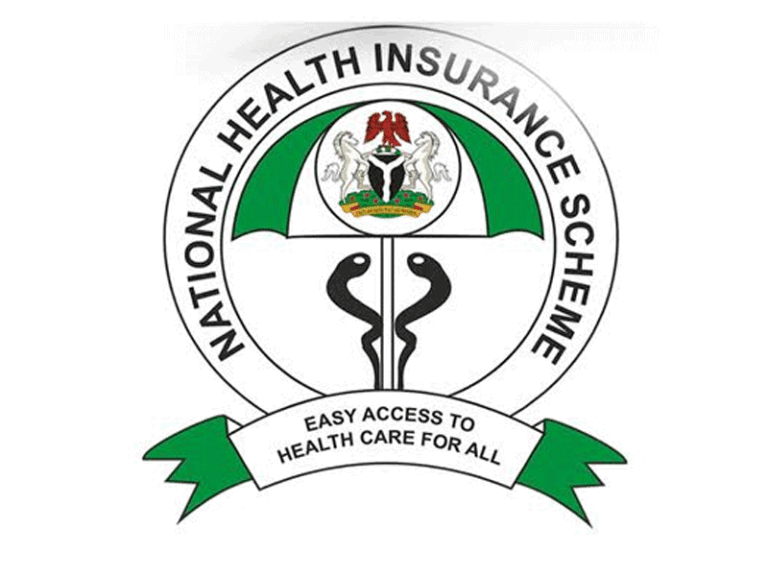
Insurance penetration in Nigeria remains among the lowest in Africa, despite the country’s large population and economic potential. As of recent data, insurance penetration is estimated at about 0.5% of GDP, significantly lagging behind other African countries such as South Africa (17%) and Kenya (3%). Understanding the reasons for this low penetration is crucial for stakeholders seeking to address the challenges and unlock the sector’s full potential. Below are seven key reasons contributing to the poor adoption of insurance in Nigeria.
1. Low Awareness and Education
A significant portion of Nigeria’s population lacks awareness of what insurance is, how it works, and its benefits. Many view insurance as a luxury or an unnecessary expense rather than a means of financial protection. The industry has struggled to communicate its value proposition effectively, leaving a gap in knowledge about the role of insurance in mitigating risks.
2. Cultural and Religious Beliefs
Cultural and religious beliefs strongly influence attitudes toward insurance in Nigeria. Some individuals perceive insurance as a form of gambling, which conflicts with religious principles, particularly among Muslim populations. Traditional societal structures often emphasize communal support during crises, reducing the perceived need for insurance coverage.
3. Trust Deficit
A lack of trust in insurance companies is a significant barrier to penetration. Many Nigerians are skeptical about insurers honoring claims, a sentiment fueled by past experiences of delayed or denied claims. This distrust discourages individuals and businesses from purchasing insurance policies, fearing they will not receive value for their money.
4. Economic Challenges
With a large proportion of Nigerians living below the poverty line, many prioritize immediate needs such as food, shelter, and healthcare over insurance. Additionally, high unemployment and low disposable incomes make it difficult for individuals to afford insurance premiums. For many, insurance is seen as a non-essential expense that can be deferred indefinitely.
5. Limited Access and Distribution Channels
The insurance sector in Nigeria has struggled to expand its distribution channels beyond urban centers. Many rural areas, where a majority of the population resides, lack access to insurance products and services. This urban-rural divide further exacerbates low penetration, as insurers focus on high-income segments in major cities.
6. Weak Regulatory Enforcement
Although Nigeria has a regulatory framework for insurance, enforcement remains a challenge. Compulsory insurance policies, such as motor vehicle insurance and group life insurance, are often not adhered to. Weak enforcement leads to widespread non-compliance, reducing the overall market size and penetration.
7. Poor Product Innovation
The insurance industry in Nigeria has been criticized for offering products that are not tailored to the needs of the local market. Many policies are perceived as rigid, complex, and expensive, deterring potential customers. There is a lack of microinsurance and flexible policies designed to cater to low-income earners, who form a significant portion of the population.
The Way Forward
Addressing these challenges requires a multi-faceted approach from stakeholders across the insurance industry. Here are some recommendations:
- Enhanced Awareness Campaigns: Stakeholders should invest in targeted campaigns to educate the public on the importance of insurance, using relatable examples and leveraging digital platforms for wider reach.
- Building Trust: Insurers must prioritize timely and fair claims settlement to build credibility and confidence among potential customers.
- Affordable and Flexible Products: Developing microinsurance products tailored to the needs of low-income earners and informal workers can help expand the customer base.
- Regulatory Improvements: Stronger enforcement of existing insurance laws, combined with incentives for compliance, can drive growth in the sector.
- Technology Adoption: Leveraging digital tools to expand distribution channels and simplify policy purchases can help reach underserved areas.
Conclusion
The poor penetration of insurance in Nigeria is a multifaceted issue rooted in economic, cultural, and structural challenges. However, with concerted efforts by insurers, regulators, and other stakeholders, the industry can overcome these barriers. By addressing the key pain points, the Nigerian insurance sector can tap into its vast potential and contribute meaningfully to the country’s economic development.












